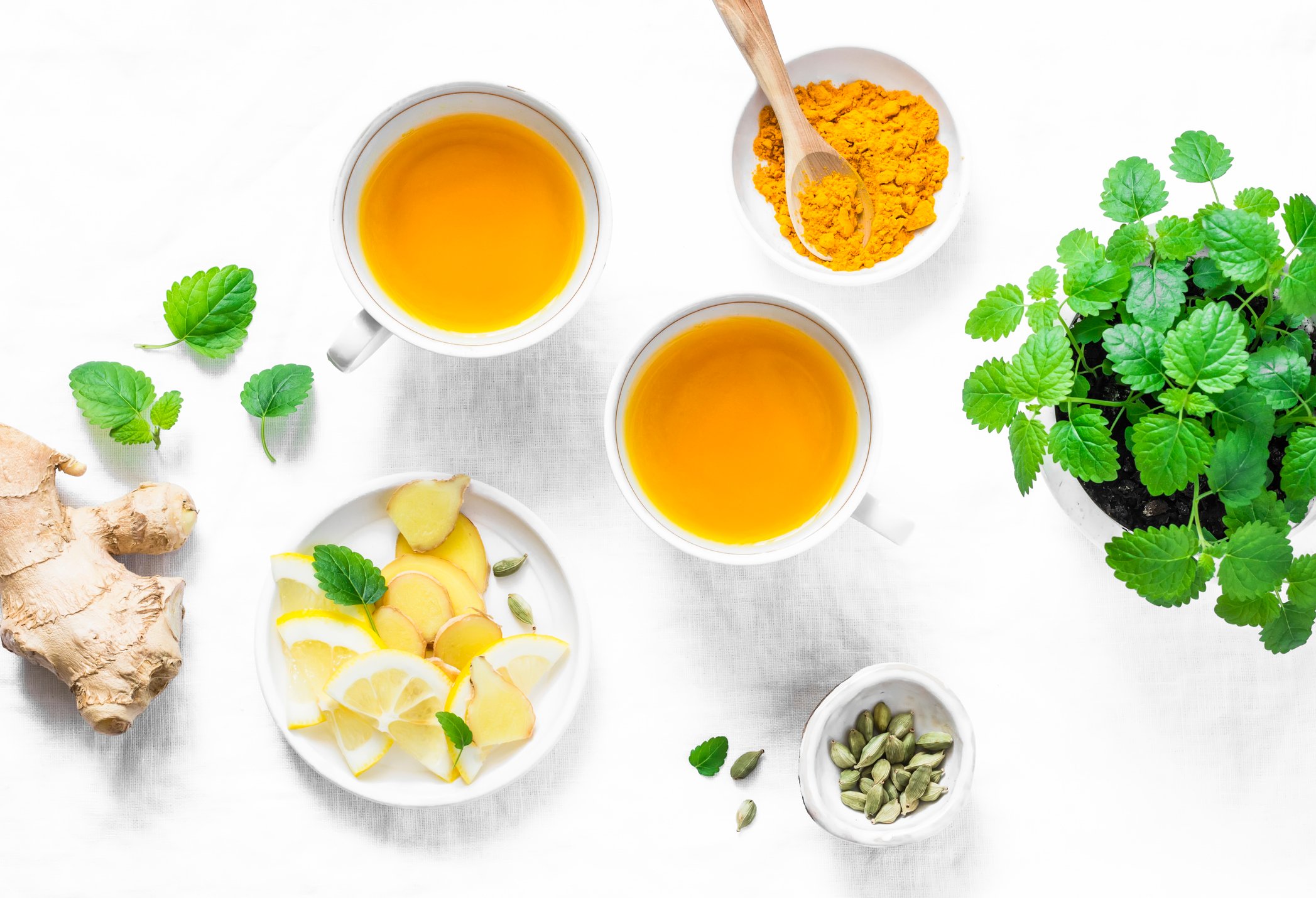
Who doesn’t have bad digestion these days? Water cooler talk will reveal that all your coworkers have funky guts. From heartburn and ulcer to constipation and gas, it seems like everyone’s ornery digestive tract is making an appearance.
Indigestion, aka dyspepsia, very generally, is a condition of impaired digestion. Symptoms range from upper abdominal fullness, heartburn, nausea and belching, to upper abdominal pain and feeling full earlier than expected when eating. Dyspepsia is frequently caused by gastroesophageal reflux disease (GERD) or gastritis (heartburn). Very occasionally, it may be the first symptom of peptic ulcer disease or GI cancer.
Functional indigestion (previously called nonulcer dyspepsia), which afflicts about 15% of the general population in Western countries, is indigestion "without evidence of an organic disease that is likely to explain the symptoms".
But conquer it you can. Let’s dig into some easily available remedies for this modern day disaster.
Five Tips for Tip Top Tummy
1. Check your Acid
Your stomach’s digestive fluid, formed in stomach, is pH of 1.5 to 3.5. Composed hydrochloric acid (HCl), large quantities potassium chloride (KCl) & sodium chloride (NaCl), it makes ingested proteins unravel & activates enzyme pepsin so it can break down long chains of amino acids. But low stomach acid, aka hypochlorhydria, is on the rise. Over 50% of Americans older than 60 have hypochlorhydria. It has a lot of overlapping causes, from overconsumption high fat foods, to high protein diets, to the use of use acid reducing drugs. Antacid drugs have been getting a lot of bad press lately, because the low acid caused by these allows pathogenic microbes to pass to small intestine, causing father chaos. Low stomach acid fails to stimulate lower esophageal sphincter to close and acid splashes up into the sensitive esophagus. Your doctor has tests for this, or, fortunately, you can check for hypochlorhydria easily at home. Get some Betaine HCl tablets at the health food store. Increase by 1 tablet per meal until you feel a tickly mild burning in your throat, then reduce by 1 tablet per meal and continue with every meal.
2. Gripe Water
Griping is intestinal cramping. Herbal “gripe water” is popular in Europe. One of the oldest is based on dill seed. Chamomile, lemon balm and ginger are also common ingredients. Find commercially prepared gripe water at the herb store, or make your own as tea or dilute and flavor a tincture of those ingredients. If you like, add fennel, anise, peppermint or coriander.
3. Bite the Bitters
Herbs with bitter taste promote digestive secretions and speed up digestion in the upper GI tract, and gentian root is the most popular digestive bitter here and in Europe, where people often drink a bitter aperitif. An ounce or so of bitter herbal beverage, usually based on gentian (essentially dilute, flavored gentian tincture) before the first bite of a meal, kindles digestive secretions and keeps food passing through on schedule. In general, bitter herbs reduce gas, bloating, food allergies and indigestion. Barberry root, dandelion and artichoke round out the selection of bitter digestants.
4. Battle the Backup
The ultimate bowel remedy is likely the most commonly consumed herbal concoction in the world. Triphala, from Ayurveda, is an exceedingly comfortable, slow acting constipation remedy that moistens the large intestine as it speeds up squeezing. Being an herbal slowpoke, give it up to 12 hours to induce a relaxed and happy bowel movement. Start with a one gram tablet with dinner. Each night, increase the dose by 1 gram until you have the world’s best BM in the AM.
5. Ginger
Ginger is the digestive cure-all, but most people do not take enough to experience its magnificent effects. This tropical root warms up the stomach, bringing blood to assist digestion, quells gas and speeds up the flow in the digestive tract rush hour traffic jam. Start with a one gram tablet with each meal and increase from there. Maintain a dose that makes your guts the happiest they’ve ever been.
Watch our collaborative webinar, Supporting Your Health by Optimizing Your Digestion, to experience some of the program leads and instruction offered by the Integrative Health Programs at PCC.

